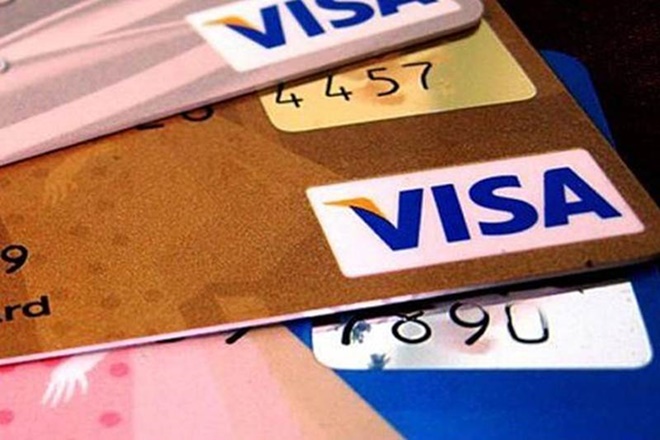Credit cards, if not used wisely, can rake up not only debt but additional charges that can dent your financial portfolio in a serious way. Not only is it important to maintain good credit card habits to avoid paying excess penalties, but also to maintain a good credit score. Credit card activity and repayment account form a significant part of your credit score and not being disciplined can lead your score to fall.
To avoid paying excess charges, here are some important charges and fees to watch out for when using credit cards:
1. Joining or Annual Fee
Some credit cards come free of cost, i.e. no joining fees and exemption from annual fee for a particular period. But the ones with bigger rewards and benefits generally tend to have a joining fee especially if your salary or income does not meet the required criteria. Some may waive off the joining fee for the first year, but introduce it from the second year. These charges, however, are waived off if one spends up to a threshold specified by the bank.
2. Cash Withdrawal Charges
One can withdraw cash from ATMs with their credit card, but the option should be exercised only in emergencies. While there’s an interest-free period for all other transactions, the interest rate applies immediately for such cash withdrawals. In case you end up using this option, try to repay it as soon as possible to avoid the hefty interest rate.
3. Interest Fee
Most credit cards offer an interest free period to pay for all spends. Some premium cards have finance charges regardless of where and when the card is swiped. But once the interest-free period passes, banks will levy an interest/finance charge to be borne by the customer if the full payment is not made on time.
Credit Card Charges Levied By Major Banks:
| Bank | Interest/Finance Charge after interest-free period | Late Payment Fee | Over limit Charge | Foreign Transaction Fee | Cash Withdrawal Charge |
| SBI | 3.35% Per Month | Up to Rs 750 | 2.5 % of the over-limit amount or Rs. 500, whichever is higher | 1.99% to 3.5% | 2.5% or Rs. 300 whichever is higher at domestic ATMs and 3% or Rs. 300, whichever is higher at international ATMs |
| HDFC Bank | Up to 3.5% Per Month | Up to Rs 750 | 2.5% of the over limit amount subject to minimum of Rs 500. | 2.5% to 3.5% | 2.5% of amount withdrawn or Rs 500 whichever is higher |
| ICICI Bank | 2.49% to 3.5% Per Month | Up to Rs 750 | 2.50% on the over-limit amount (subject to a minimum of Rs 500) | 3.50% | 2.50% on advanced amount, subject to a minimum of Rs 300 |
| AXIS Bank | 2.5% to 3.25% Per Month | Up to Rs 700 | 3% of the over – limit amount (Min. Rs. 500) | 3.50% | 2.5% (Min. Rs. 250) of the cash amount |
| KOTAK Bank | 2.49% to 3.5% Per Month | Up to Rs 700 | Rs 500 | 3.50% | Up to Rs 3.5%, minimum Rs 300 |
| YES Bank | 1.2% to 3.22% Per Month | Up to Rs 700 | 2.5% of the overlimit amount or Rs 500 (whichever is higher) | 1.75% | A transaction fee of 2.5% (Minimum 300) |
Note- Data taken from respective bank’s website as on 31 May 2018
4. Late Payment & Over limit Charges
Late payments on your credit card can set you back in several ways. Firstly, your credit score gets affected, and secondly, you have to pay a late fee each time you are late in paying dues. In case you don’t have the full amount to repay your card, make sure to at least pay the minimum amount due, in order to avoid the late payment penalty.
There is also an additional charge if you breach your credit limit or cash withdrawal limit. Normally a percentage of the excess spend is charged as penalty.
5. Foreign Transaction Fee
Whenever a credit card is used for foreign transactions, whether online or at a point of sale, the bank levies a foreign mark-up fee. It ranges anywhere between 1.5% and 4%, depending on the bank and the card. Cash withdrawals abroad are charged at a higher rate than card swipes. So when abroad you can carry enough cash or get a travel card to avoid these charges.
(The author is CEO, Bankbazaar.com)


